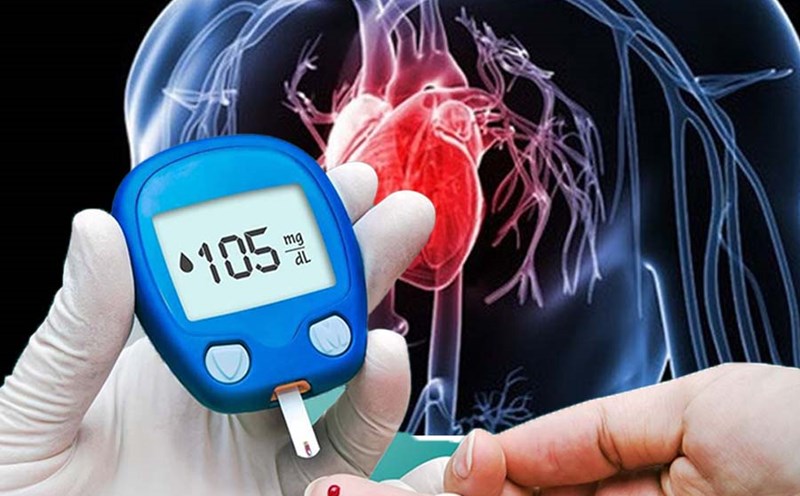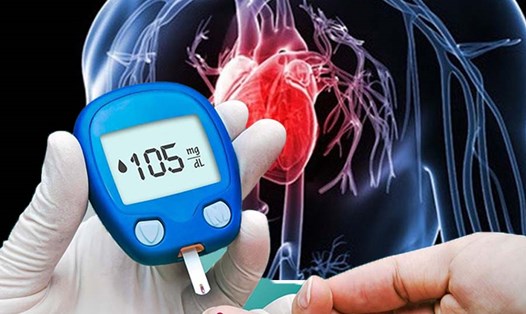Many people often think that heart failure only occurs due to an unhealthy diet or lack of exercise. However, according to Dr. Sanjeeva Kumar Gupta, consultant Head of the Department of Cardiology at Birla CK Hospital, Delhi (India), there are more factors affecting heart health than we often think, and many people do not recognize these factors.
Here are 6 important things that cardiologists want people to better understand about the risk of heart failure:
Sleep
Sleep plays an essential role for the cardiovascular system. Chronic lack of sleep increases the risk of heart failure, stroke, and other serious cardiovascular events. Dr. Gupta emphasizes that getting enough sleep each night is an important factor that many people often ignore.
Pollution
Air pollution not only affects the lungs but also damages the heart. Long-term exposure to polluted air, especially in big cities or near crowded roads, increases arteriosclerosis, thereby increasing the risk of cardiovascular disease. Limiting exposure and using air filters at home is recommended to protect heart health.
Stress
Prolonged stress can cause great damage to the heart. Psychological pressure causes the hormone cortisol to increase, leading to chronic inflammation and high blood pressure. Relaxing activities such as walking, journaling or chatting will help reduce stress and protect heart health in the long run.
Oral Health
Oral health is closely related to cardiovascular health. Untreated gum disease will create inflammation throughout the body, increasing the risk of heart attack. Therefore, careful oral care by brushing and flossing regularly also contributes to protecting the heart.
Diet
A healthy diet is not always easy to access for everyone. People living in areas lacking fresh and healthy foods are more likely to have cardiovascular problems. This is an issue that needs to be addressed at the community level and urban planning to ensure everyone has access to good nutrition.
Fever
Bowel health also affects cardiovascular function. Bowel conditions can affect cholesterol, blood pressure, and inflammation in the body. Supplementing fiber, fermented foods and limiting processed foods will help improve cardiovascular health comprehensively.
Note
Cardiovascular health depends not only on diet or exercise but is also the result of many factors in daily life. Recognizing and changing from small habits to surrounding environmental factors will help protect the heart in a comprehensive and sustainable way.










